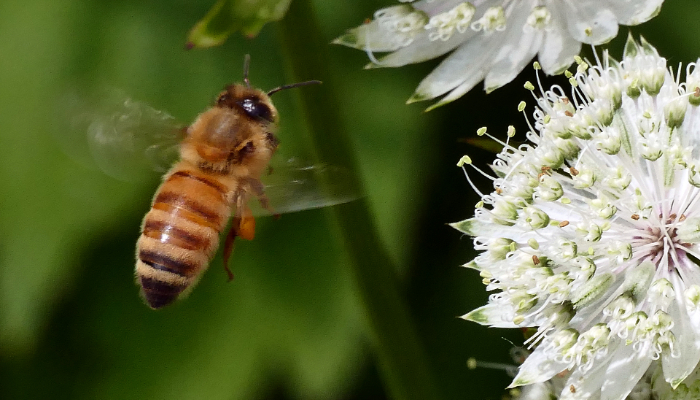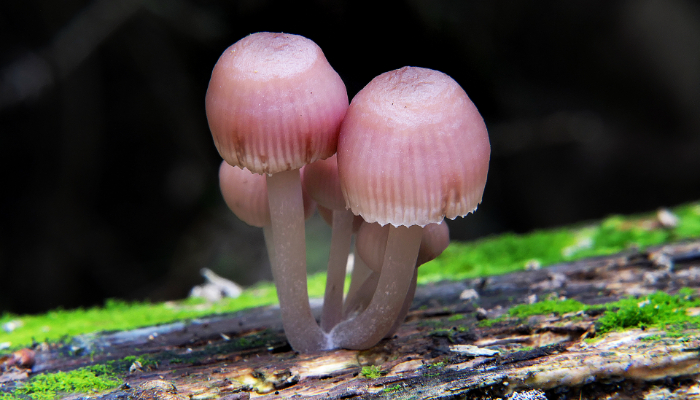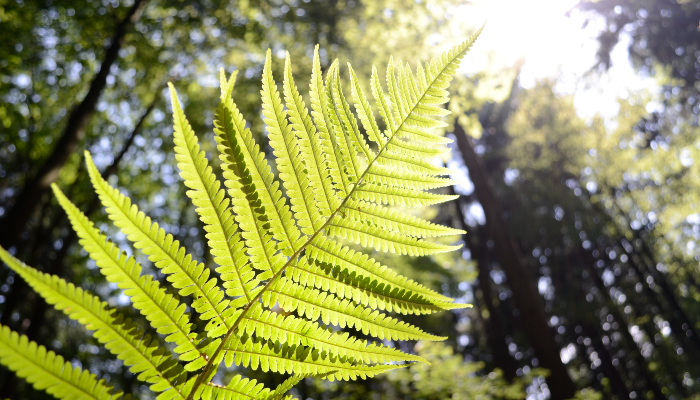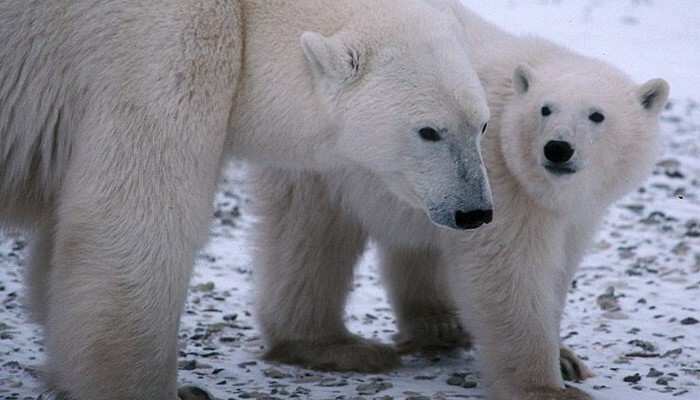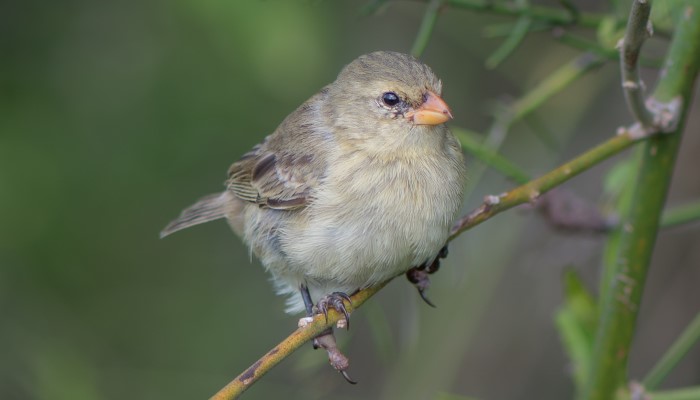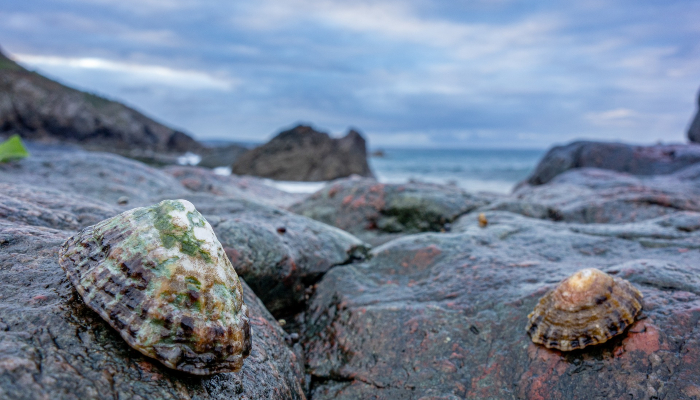Search Results
Search results
19 results for Topics and Regional Resources
Biology is a branch of science that studies organisms (living things) and their changes. It includes the study of cells, plants, animals and the human body. ...
Entry last updated: 2/12/25Senior Secondary (Years 11 - 13)
Biology is the natural science that involves the study of life and living organisms from one-celled creatures to the most complex living organism of all - th...
Entry last updated: 2/02/26Photosynthesis is a process where plants use sunlight, water, and carbon dioxide to make food or energy. Look at the websites on this page to find out more.
Entry last updated: 10/07/25Adaptation helps people and animals survive. Polar bears have adapted to living in the snow by growing white fur to make them harder to see. Cactus plants h...
Entry last updated: 2/12/25Junior Secondary (Years 7 - 10)
Evolution is a scientific theory used by biologists to explain how living things have changed over a long period of time. Charles Darwin, a British naturalis...
Entry last updated: 21/07/25Epidemics are infectious (easily spread) diseases that spread quickly in a large area, or country. They can cause widespread sickness and even death. When an...
Entry last updated: 10/07/25The rocky shore is a unique part of New Zealand's coastline and is a habitat which is home to many sea creatures, and shorebirds. The rocky shore is also at ...
Entry last updated: 10/07/25Adaptation is an evolutionary process where a plant or an animal becomes suited to living in a particular habitat. These are changes that take place over man...
Entry last updated: 16/01/25New Zealand has many great scientists that work in a lot of different areas of science. Their research and discoveries have a big impact on our world. In thi...
Entry last updated: 10/07/25Junior Secondary (Years 7 - 10)
Nuclear power is another source of power like wind, water or solar power. It is a cheap, reliable and clean source of energy, however the biggest disadvantag...
Entry last updated: 10/07/25

